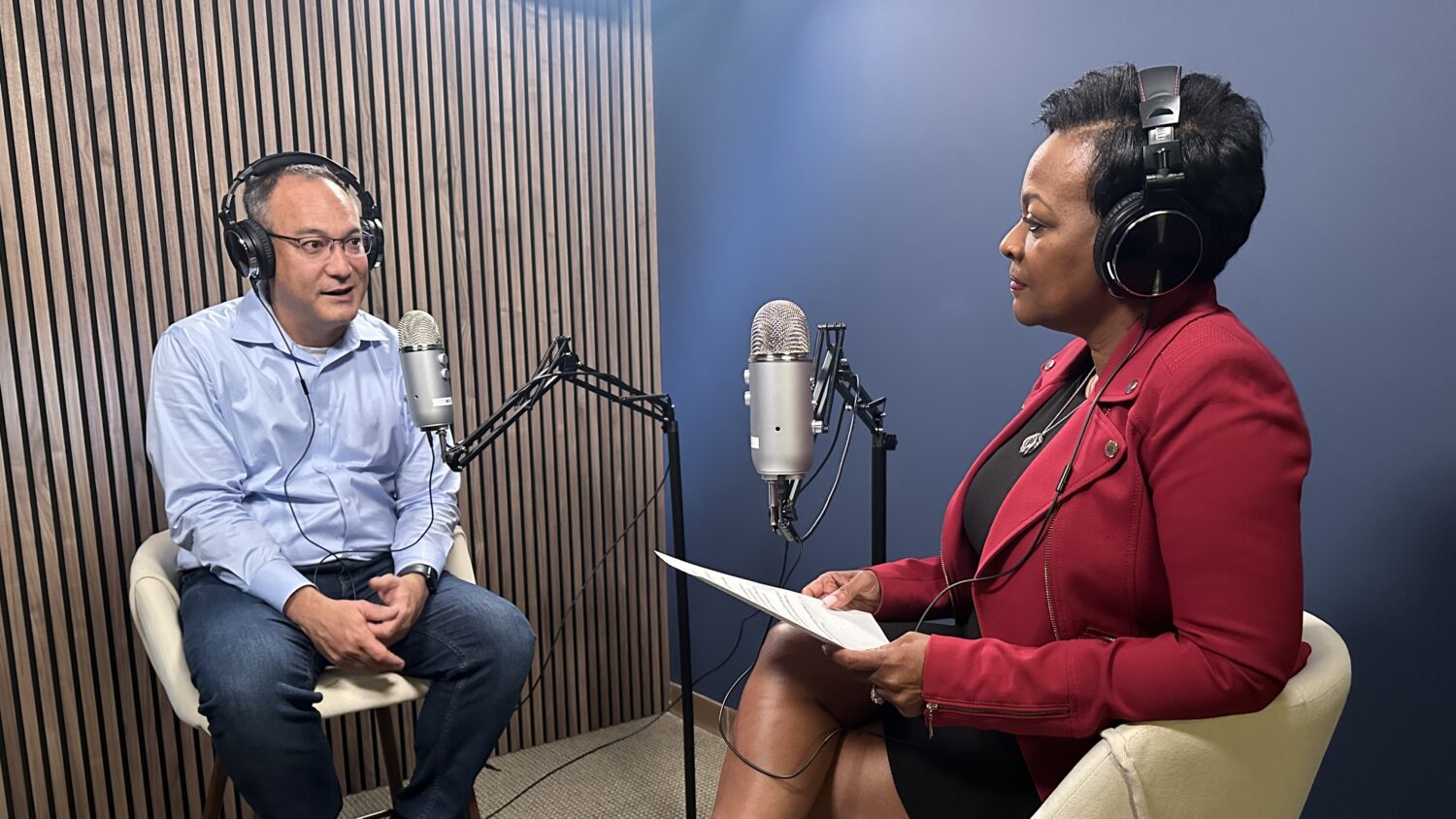John Inazu is the Sally D. Danforth Distinguished Professor of Law and Religion at Washington University in St Louis. His latest book is “Learning to Disagree: The Surprising Path to Navigating Differences with Empathy and Respect.” Inazu spoke at Donors Forum in September, and continued the conversation with Wanda Willis, VP of Civic Leadership, on our podcast, Forever Forward – available wherever podcasts are found. Here is an excerpt.
How did you become interested in differences, disagreement and pluralism?
In some ways, I think my entire life has been preparation for working across disagreement. I’m half Japanese, but grew up in largely white cultures. I went to Duke and then UNC Chapel Hill, where I was an extreme minority. I was in the military, but also influenced by a pacifist theologian. As a lawyer, I believe that legal training is a great way to understand difference, to understand the other side at its best, rather than at its worst.
You use the words “pluralism” and “confident pluralism” frequently. What do these terms mean?
It’s just a fact of the world that we have lots of deep differences over things that matter, not just over small things, like ice cream flavors and sports teams, but over fundamental questions like the purpose of a human being or the nature of human flourishing. And when you have those deep differences, this creates the fact of pluralism, and that creates a political problem. How do you live together with people who hold such different views about the nature of reality and the importance of living together in society? When encountering the difference, you could say, “I’m going to try to win at all costs and control,” or you could say, “I’m going to leave and be with my people.” Or you could say, “I’m going to figure out how to engage across this difference.” And that’s what I call “confident pluralism.”
At The Community Foundation, we work with donors who have different interests, but a common concern for the local community. How does pluralism connect to this work?
At the local level, especially, it’s really important to have institutions and people who can connect and convene in order to pool resources and to activate networks that are required to solve some of society’s deepest problems. Your constituents focus on different issues, and some of them, as individuals, will be supporting efforts that are antithetical with one another. But as an institution, you can still name an overlap or a shared consensus. There are enough social problems to tackle at the local level that you should be able to find lots of common good where you can work together, even across your differences. You don’t have to use this institution or these opportunities to work out all of your deepest disagreements. You can say we care about this city, we care about this region, and here are some very practical ways where we can activate networks and resources to get things done.
Read a recap of our September Donors Forum here.
